 ‘Would the Melbourne Olympic Games be remembered as the friendly Games, a sea of tranquillity in a stormy world, or would they become a victim of the Cold War?’
‘Would the Melbourne Olympic Games be remembered as the friendly Games, a sea of tranquillity in a stormy world, or would they become a victim of the Cold War?’
As Harry Blutstein expertly guides us through, the Olympic Games in 1956 were rife with submerged political tensions, becoming a proxy war of political propaganda, boycotting, and antagonism. Beneath the surface of a harmonious gathering of a world in tense conflict is a brewing of espionage, deceit, and defection. With a historian’s attention to detail and a novelist nose for drama, Blutstein is the perfect guide to demonstrate how Melbourne’s Olympic Games came to represent the hostilities of the Cold War – not least between the two reigning superpowers: the Soviet Union and the United States.
Take Hungary, for example, who by sheer misfortune end up versing the USSR in water polo barely a month after the Soviets had invaded Budapest, killing thousands of freedom fighters, arresting civilians, and destroying large parts of the mystical city by the Danube River. The semi-final between Russia and Hungary ends with an all-out brawl, enraging spectators, players, and representing just how the political climate, rife with conflict, had infected everyone’s hearts and minds.
Victories on the sporting field weren’t immune from the pervasive propaganda that characterised much of the time period. The USSR’s defeat of England’s football team put them in the spotlight, and that was used to glorify the emerging Homo Sovieticus, communist-bred athletes physically superior to the decadent West.
In the midst of the book, Blutstein unveils one of the more touching stories from the Games. American hammer thrower Hal Connolly and Czechoslovakian discus thrower Olga Fikotova fall hopelessly in love. It’s a classic Romeo and Juliet scenario panning out on the world stage, as they have to overcome the political restraints of the time and fight for their right to get married.
It’s always a task, animating history. Blutstein tackles the project with eloquence and effortlessness, doing a fantastic job of balancing well-researched, fascinating historical anecdotes with his knack for creating energy and making the reader feel as though they’re watching the events unfold. In a way, it’s a cinematic, theatrical read.
Among other things, the Melbourne Olympic Games became a microcosm for political turmoil, a juncture where illusion and reality collided. Blutstein’s ensemble of fascinating anecdotes, both in Melbourne and throughout the world, is complemented by his ability to extract the quirky personalities of athletes and politicians with equal zeal.
Disappearing people, wars in the water, fistfights, forbidden love, espionage, and severe consequences for failure – Blutstein entwines all the atomised narratives into the exciting, tense times they were.
Harry Blutstein is an Adjunct Professor at RMIT university. Since 1972, he has been a freelance journalist and has published feature articles in op-eds in major Australian newspapers on a wide variety of topics. His articles on sport have ranged from bodybuilding to croquet.
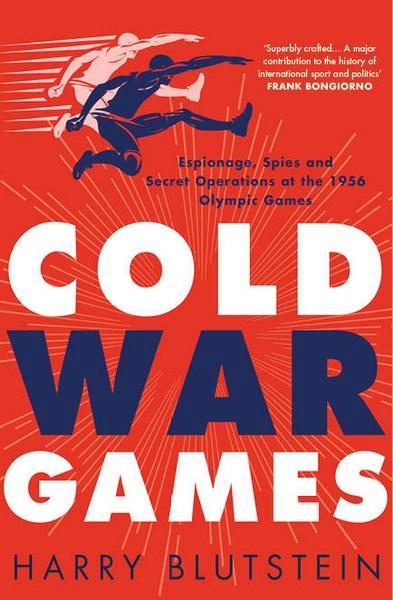
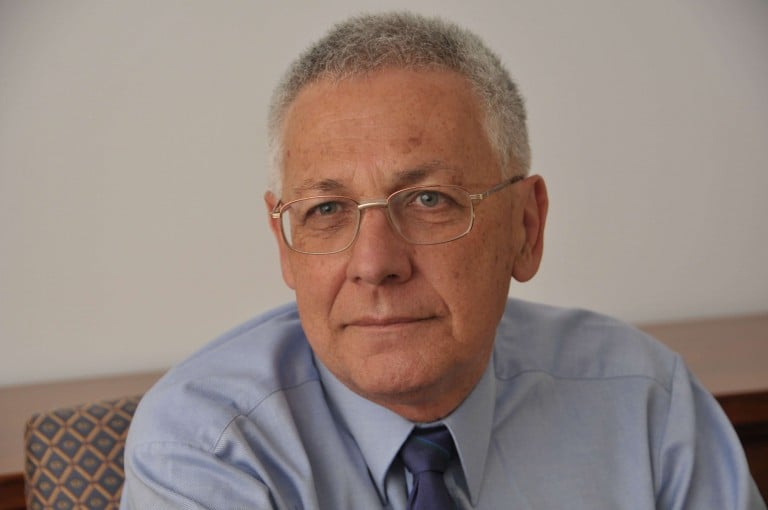
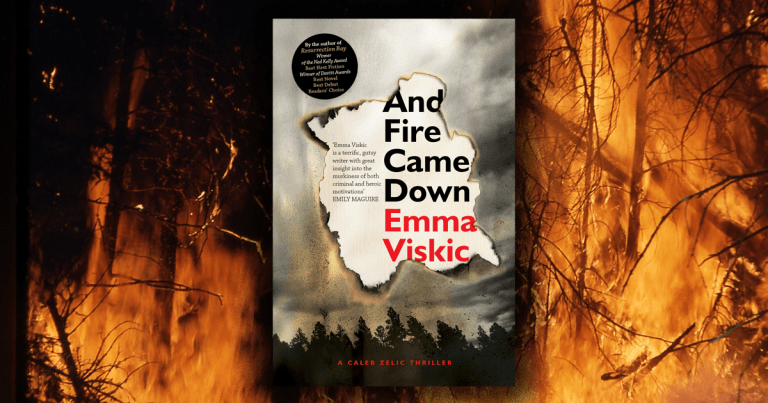
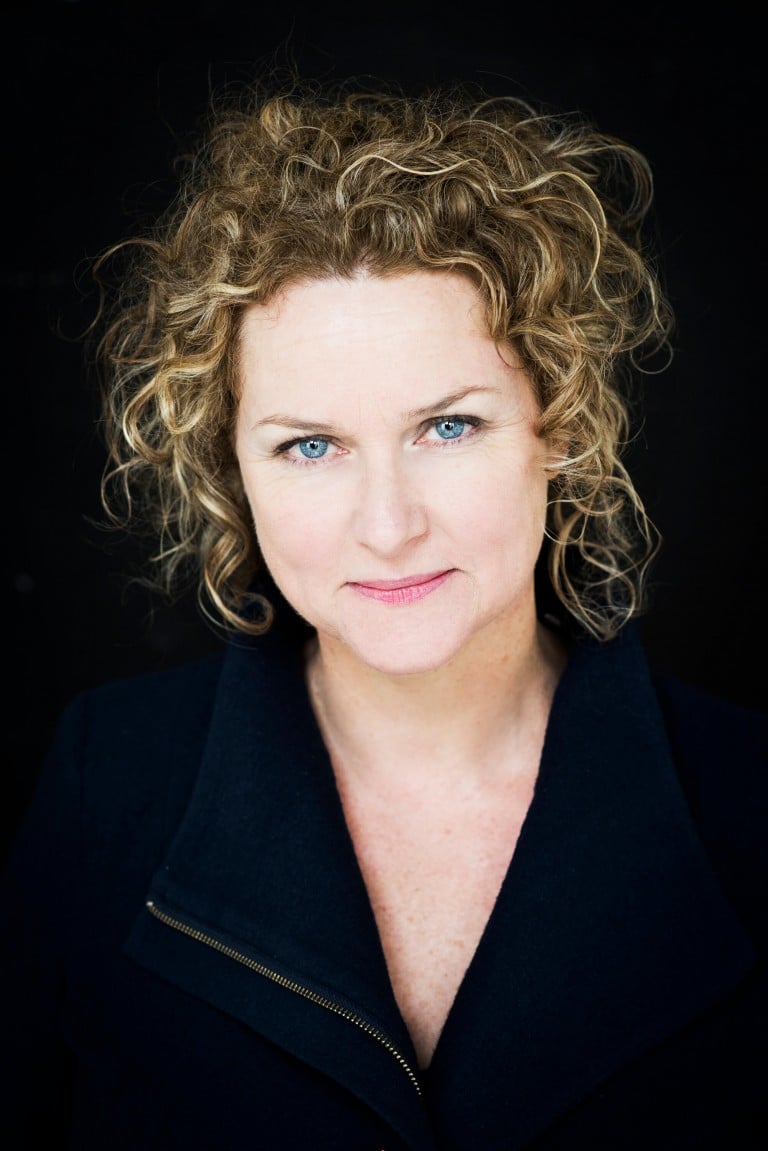
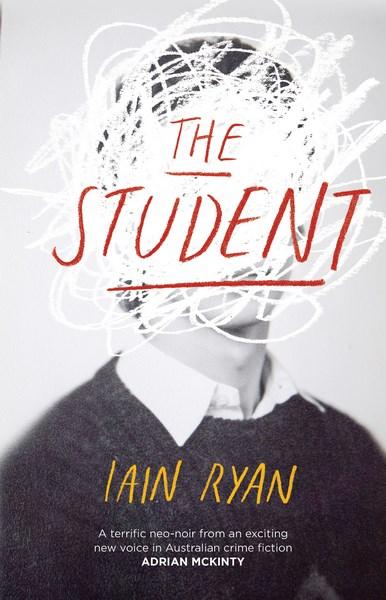
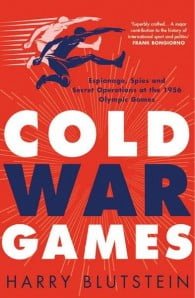
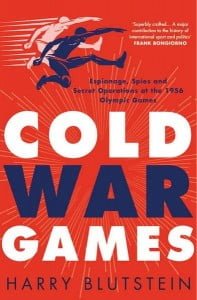
Blutstein’s meticulous research and engaging narrative style make this a must-read for anyone interested in the hidden stories and covert operations of that tumultuous period.If you’re interested in learning more about the backdrop of the Cold War and its influence on various aspects of society, including the world of casinos, you might want to explore the connection between espionage and gambling. For instance, Casino Duisburg, located in Germany, has its own fascinating history that intertwines with the world of intelligence and diplomacy. You should know more about it to uncover this intriguing connection, it provides an in-depth look into the historical context and unique stories that link casinos like Duisburg.